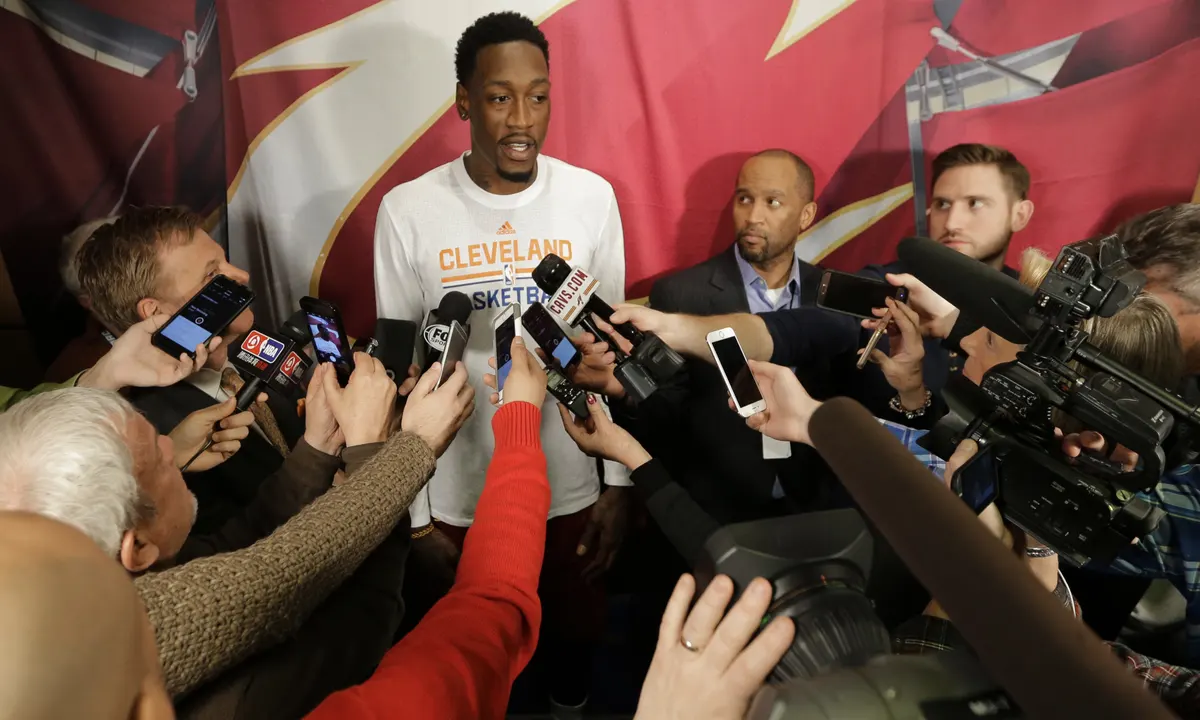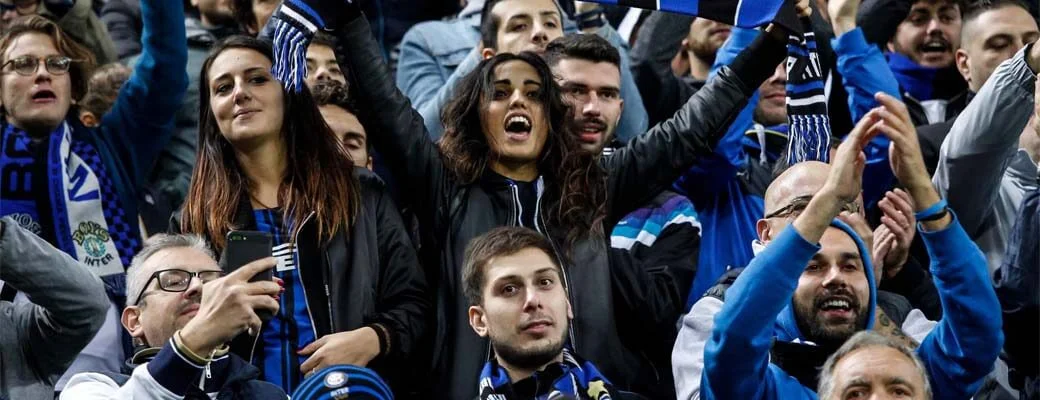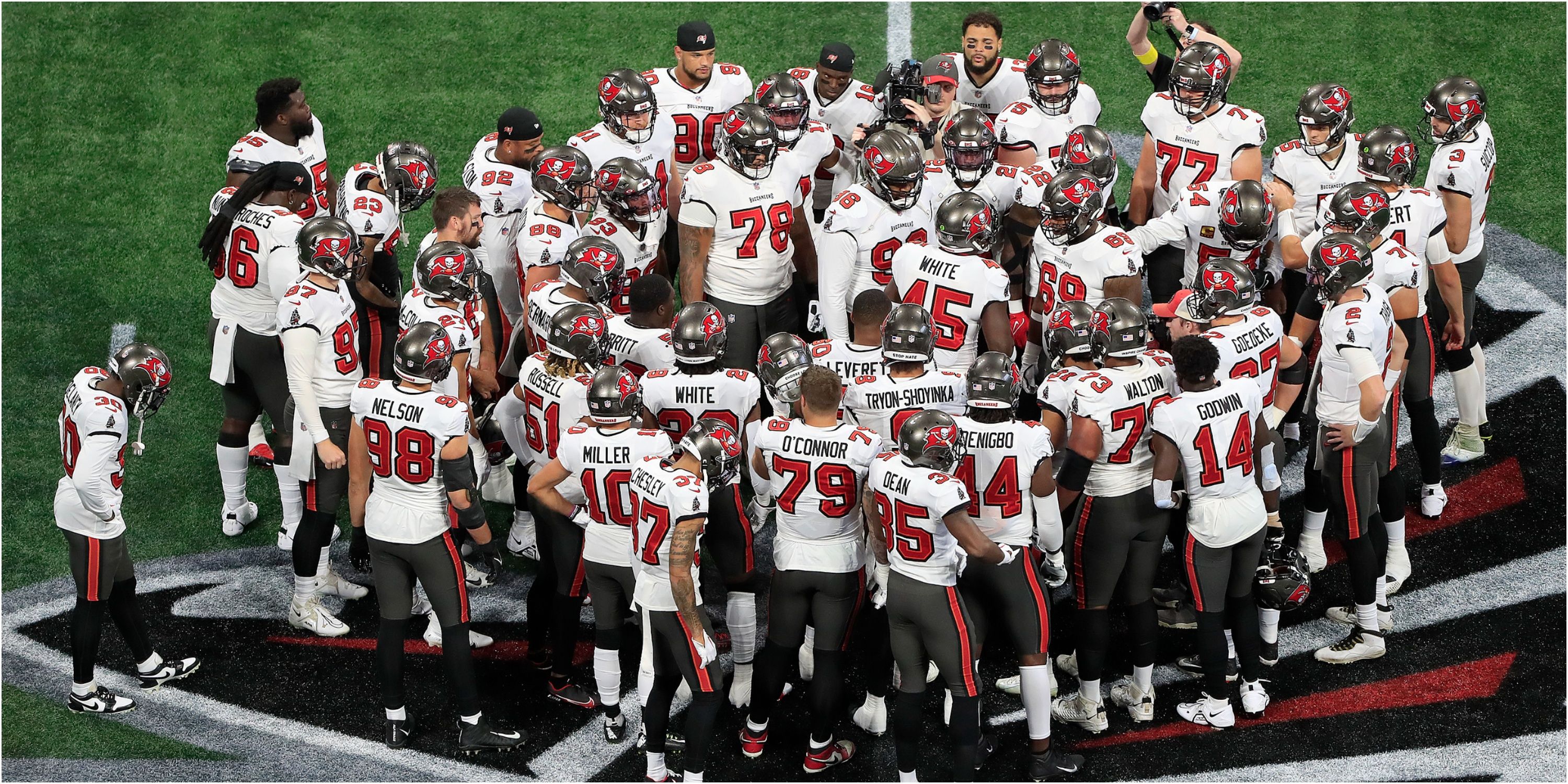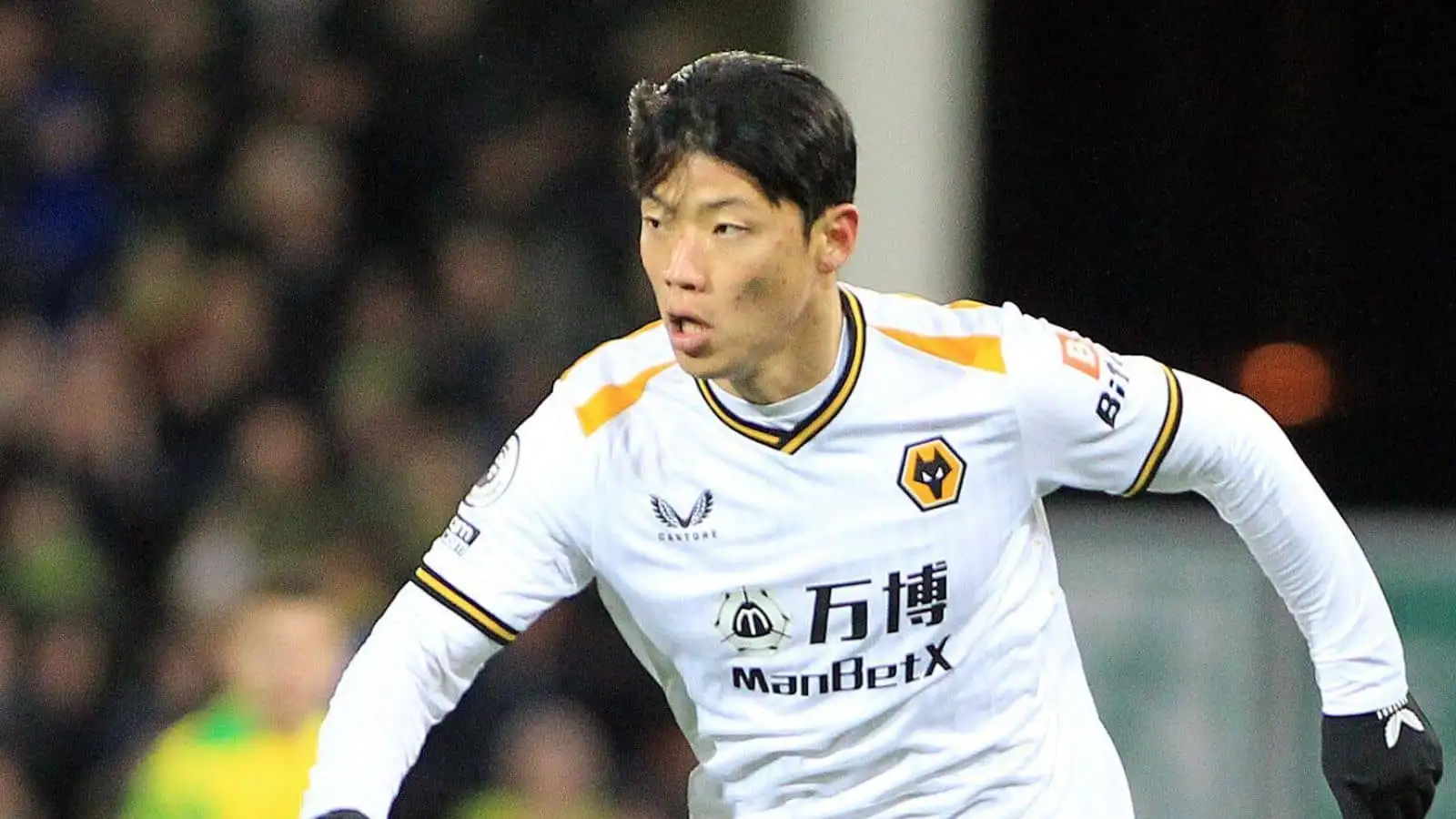
On Christmas Eve in 2014, Larry Sanders, a rising star center for the Milwaukee Bucks, reached a turning point. The previous night, the team suffered a disappointing loss to the Charlotte Hornets, prompting their coach, Jason Kidd, to cancel their holiday break and call for practice as a form of punishment. This decision frustrated Sanders and his teammates, who had to rearrange their plans with family. During the ensuing practice, Sanders, feeling aggravated, engaged in a confrontation with Kidd. Later, while alone in the locker room, Sanders experienced severe full-body cramps, prompting him to seek immediate medical attention.
This incident was the second time Sanders had experienced such stress-related health issues in his young career, leading him to seek medical treatment and ultimately spend Christmas Eve and Christmas in the hospital. Despite signing a lucrative four-year, $44 million contract extension with the Bucks the previous year, Sanders found himself unable to return to the team’s facilities due to mental and physical barriers.
Sanders, born on November 21, 1988, in Fort Pierce, Florida, had a challenging upbringing in a neighborhood plagued by gangs and family struggles. His passion for drawing and dreams of working for Disney initially overshadowed any interest in basketball. However, carrying a basketball became his shield against neighborhood conflicts, allowing him safe passage to visit family members. Only in high school did he begin to embrace basketball seriously, eventually earning accolades and securing a spot on the VCU college team.
Sanders’ transition to the NBA was met with initial excitement, but he soon faced challenges both on and off the court. Lacking adequate support systems, he found himself navigating the pressures and pitfalls of professional basketball alone. Substance use offered temporary relief, but it also led to suspensions and further isolation. Despite the stigma surrounding mental health issues in the league at the time, Sanders became one of the first players to openly discuss his struggles.
In 2016, Sanders attempted a comeback with the Cleveland Cavaliers but encountered personal and team-related obstacles. Despite criticism for leaving the NBA at the height of his career, Sanders prioritized his mental health and familial responsibilities. Today, he remains involved in various creative ventures, including writing, producing music, and running camps. Sanders aspires to inspire others by demonstrating that success and well-being can coexist, emphasizing the importance of embracing the present moment.







